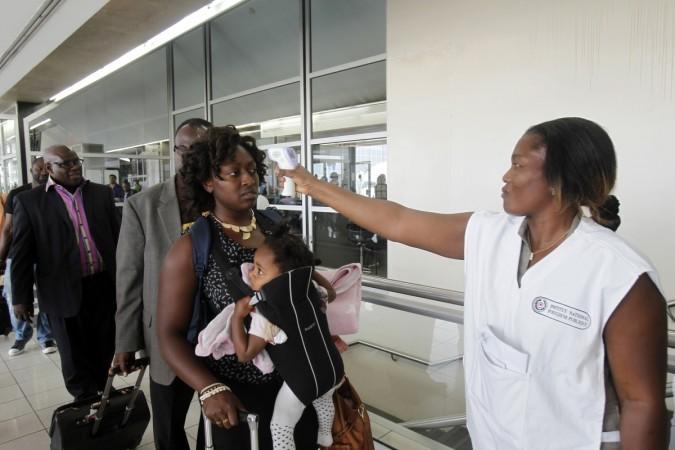
United Nations' announcement that one million people are affected in Ebola-hit countries has added to the concerns of Sierra Leone health department, which is worried about loss of doctors.
Dr Modupeh Cole, 56, died on Wednesday after contracting the virus while treating a patient, who was later confirmed to have the disease.
Cole's death follows the demise of Dr Sheik Humarr Khan a couple of weeks back. Khan was treating patients affected by the virus in Sierra Leone and he was infected with the virus.
Following the doctors death, the country's health ministry is worried about Sierra Leonne's health system, which is losing doctors to the epidemic with the constant increase in number of Ebola virus disease cases.
"[Cole] was a highly qualified physician, and we have very few of them on hand...It just brings more misery. It's not good. When you have a health system that's constrained, it's a bit too much," New York Times quoted Health Ministry's Prevention and Control Department's Director Dr Amara Jambai.
To add to their concerns, has arrived United Nations' announcement, declaring rise in confirmed number of cases of Ebola disease and its affect on over one million people in West Africa.
World Health Organisation on Wednesday declared a rise in number of Ebola virus disease cases in West African countries, including Guinea, Liberia, Nigeria and Sierra Leone, which has lost two of its best doctors to Ebola while treating patients infected with the virus.
The latest statistics suggests that the cases have gone up to 1,975 and death toll has risen to 1,069.
WHO General-Director Dr Margaret Chan had told the United Nations' members that the cities with international airports are at a risk of contracting the virus.
"More than one million people are affected, and these people need daily material support, including food," she said. "The isolation of this zone has made it even more difficult for agencies, like MSF [Médecins Sans Frontières], to bring in staff and supplies," Chan said.

















